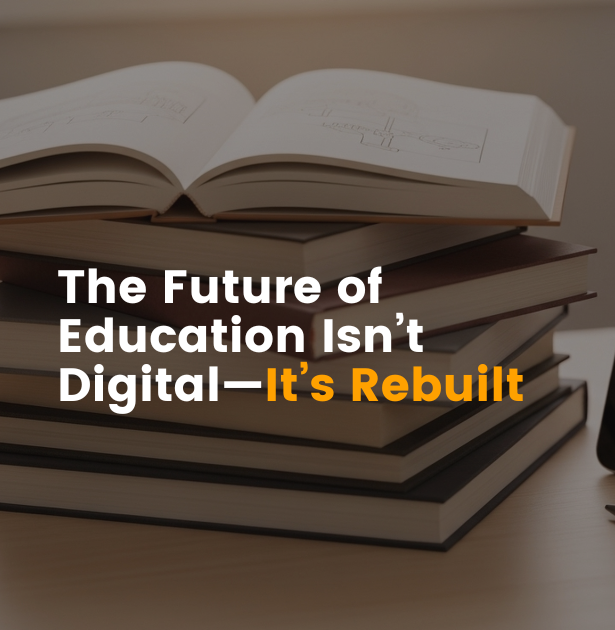
Sep 7, 2022 at 00:00
Why education systems must embed entrepreneurship in their curriculum | London Daily News
A click of the mouse, a few key taps, and you'll enjoy free, unlimited access to our website.
Get StartedSep 7, 2022 at 00:00

Publish your post on the GeniusU platform and share it with the community
Add Article


Suki Singh







Leave a Reply